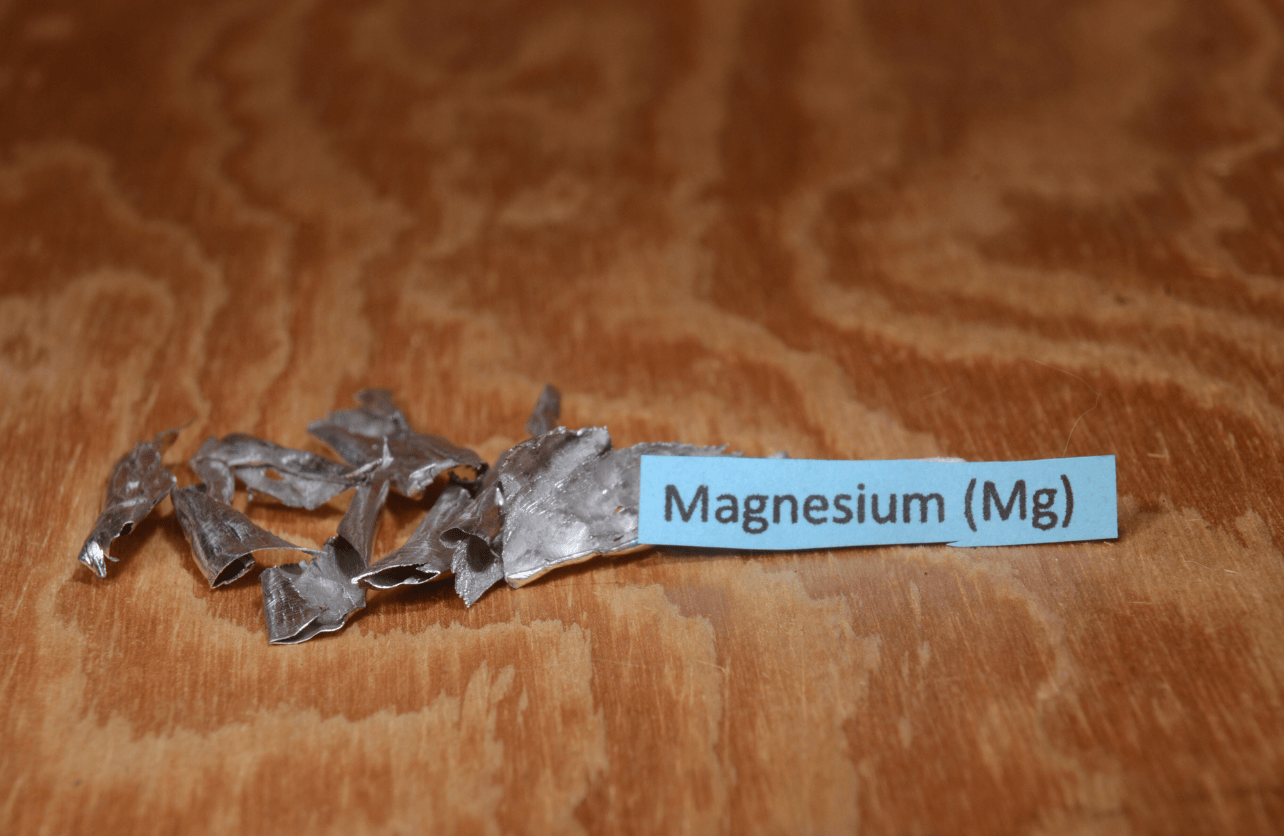Manganese vs. Magnesium: Understanding the Key Differences

Manganese and magnesium are two essential minerals that are often confused due to their similar names, but their roles in the body are vastly different. While both contribute to overall health, they serve distinct functions, are required in different amounts, and come from varied dietary sources. Understanding the differences between these two minerals can help optimize their intake and prevent deficiencies.
The Role of Manganese in the Body

Manganese is classified as a trace mineral, meaning the body only requires it in small amounts. Despite this, it plays a crucial role in various physiological functions:
- Enzyme Activation: Manganese is essential for the activation of several enzymes that regulate metabolism, including those involved in carbohydrate and cholesterol breakdown.
- Antioxidant Properties: It contributes to the function of superoxide dismutase (SOD), a key antioxidant enzyme that protects cells from oxidative damage.
- Bone Development and Wound Healing: Manganese supports bone formation, working alongside calcium and vitamin D, and aids in collagen production, which is necessary for wound healing.
- Neurotransmitter Function: Some research suggests that manganese plays a role in brain function by supporting neurotransmitter production and nervous system health.
The Role of Magnesium in the Body

Unlike manganese, magnesium is a macromineral, meaning the body needs it in larger quantities. It is involved in over 300 biochemical reactions and plays a critical role in maintaining health:
- Energy Production: Magnesium is necessary for the conversion of food into energy, supporting cellular function and metabolism.
- Muscle and Nerve Function: It regulates muscle contractions and nerve signals, helping to prevent cramps and support neuromuscular function.
- Bone Health: Along with calcium and vitamin D, magnesium contributes to bone density and structure.
- Heart Health: It helps regulate blood pressure and supports cardiovascular function.
- Blood Sugar Control: Magnesium plays a role in insulin sensitivity, making it important for blood glucose regulation.
Dietary Sources of Manganese and Magnesium
Both minerals are found in a variety of foods, but their primary sources differ:
Best Sources of Manganese:
- Whole grains (brown rice, oatmeal, whole-wheat bread)
- Nuts and seeds (hazelnuts, pecans, sesame seeds)
- Legumes (chickpeas, lentils, soybeans)
- Fruits and vegetables (spinach, squash, blueberries, pineapple)
- Beverages (black tea, coffee)
Best Sources of Magnesium:
- Leafy green vegetables (spinach, Swiss chard, kale)
- Nuts and seeds (almonds, cashews, pumpkin seeds)
- Legumes (black beans, kidney beans, edamame)
- Whole grains (brown rice, quinoa, whole-wheat products)
- Fish (salmon, halibut)
Deficiency and Toxicity Risks
Manganese Deficiency and Toxicity:
- Deficiency is rare due to its widespread presence in food, but symptoms may include poor bone health, impaired growth, and weakened immune function.
- Excessive intake, primarily from supplements or occupational exposure, can lead to neurological symptoms similar to Parkinson’s disease.
Magnesium Deficiency and Toxicity:
- Magnesium deficiency is more common, particularly in individuals with poor diets or conditions like diabetes and gastrointestinal disorders. Symptoms include muscle cramps, fatigue, irregular heartbeat, and mental fog.
- Excessive magnesium intake, usually from supplements, can cause diarrhea, nausea, and abdominal cramping.
How to Balance Manganese and Magnesium Intake
For optimal health, it’s best to get these minerals through a well-balanced diet rather than relying on supplements unless prescribed. Eating a variety of whole grains, nuts, seeds, legumes, and leafy greens ensures adequate intake of both minerals.
While manganese and magnesium serve different roles, they complement each other in metabolism, bone health, and overall well-being. Ensuring sufficient intake of both, without overdoing supplementation, can support long-term health and prevent deficiencies.
Building a Stronger You
Supplement Institute is the fruit of extensive online publishing experience, spanning the breadth of SEO strategies to the nuances of paid advertisements. Our journey, marked by significant achievements and learning moments, inspires our core mission: to empower our readers with an abundance of information. By sharing insights and key learnings, we aim to provide you with the knowledge needed to navigate the complex world of supplements, helping you make well-informed decisions for your health and well-being. Welcome to Supplement Institute, where information is your greatest supplement.